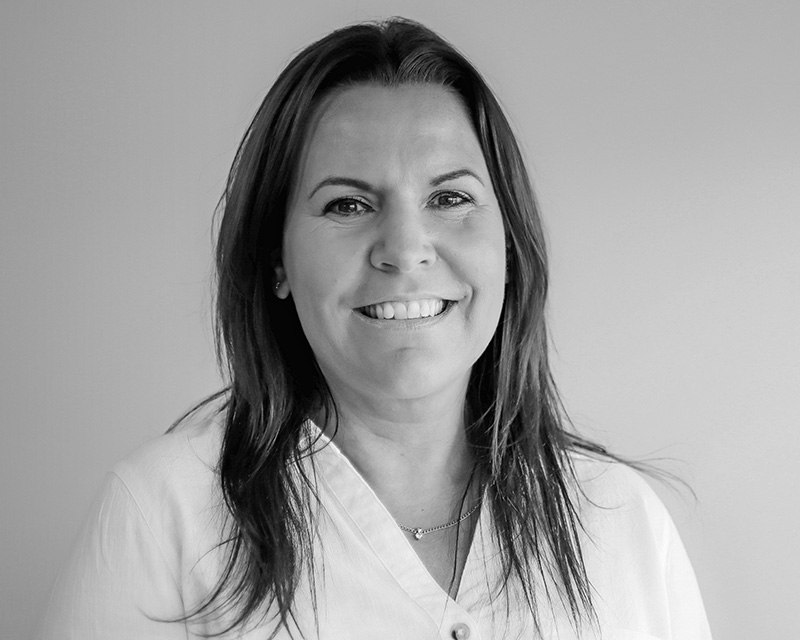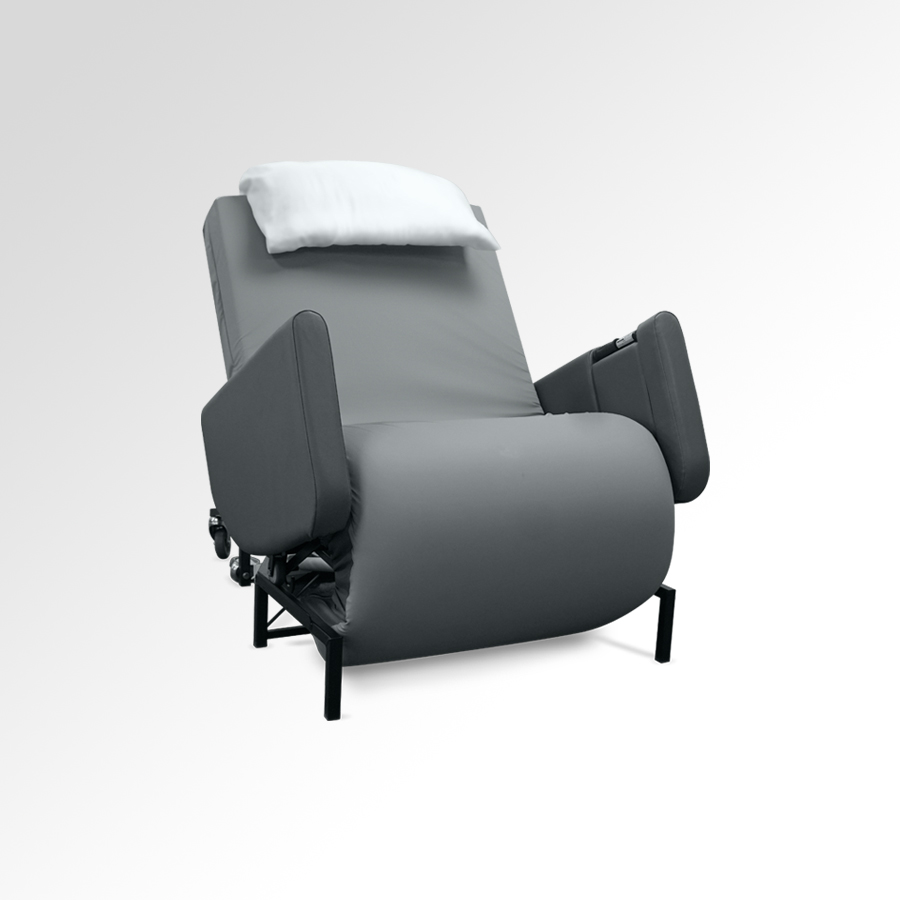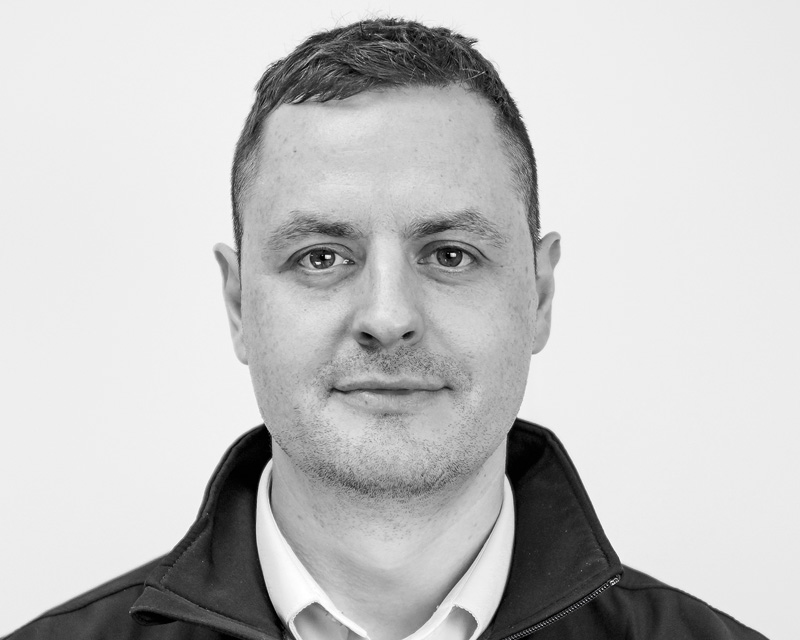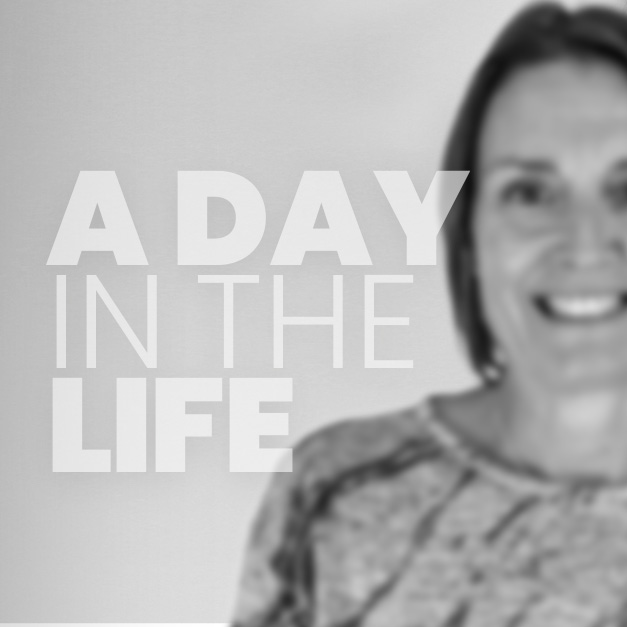As Stop the Pressure Week 2025 continues, the Society of Tissue Viability invites us to pause and consider this year’s theme: “What matters to me is…”. It’s a call to re-centre care around the voices, values, and needs of the people that we support every day.
In today’s environment of limited resources and increasing pressure on services, ensuring we uphold this approach is more crucial than ever.
In this blog, our Tissue Viability Nurses, Heidi and Sarah, share their expert insights on pressure care, skin integrity, and pressure ulcer prevention- reflecting on what truly matters the most in care. They explore how thoughtful design, empathy, and collaboration can make a lasting difference in people’s lives. We also share Jenny’s story, showing how the right equipment and a person-centred approach can reduce the risk of pressure ulcers and fluid build-up.
What is one patient priority that you have heard that really mattered to them?
I find that having enough time with healthcare professionals so they are being listened to and not passed around to different departments or services really matters. Patients want to know that someone is really listening to their needs and finding solutions or offering how to support them in any way they can.
What is one small action that makes a big difference to your patients’ skin health?
Giving information is key! Sharing information on the importance of things like nutrition and hydration, increased mobility, keeping their skin moisturised and hydrated and understanding what puts them and higher risk of skin breakdown.
What one fact, example, or comment made you really realise the importance of maintaining skin integrity?
One comment from patients that I hear a lot is, ‘I haven’t had a pressure ulcer yet’. This is often from those that I know are at a real risk of getting pressure damage, some patients don’t realise the reasons why, or the consequences of making preventative changes to their lives. We are all guilty of thinking that it will never happen to us but, in reality, it could. Therefore, it is up to us as healthcare professionals to education, support and give good guidance at every given opportunity, to help prevent any pressure injuries occurring in the first instance.
Are there phrases or words you use that help patients engage with their own skin protection? What one thing do you think you can do from today?
Let’s find ways to fit skin checks and movement into the things you already do- like watching telly or having a cuppa. Moisturising is like feeding your skin- it needs it daily. Let’s make skin care part of your morning routine, like brushing your teeth.
Can you share one tip or trick that you use to help motivate yourself, colleagues or patients to focus on pressure ulcer prevention?
Finding ways to engage them in the focus- this might be different for each individual. What one thing could you do every visit with every patient that gives a nod to pressure ulcer prevention? Could we use ad breaks as a reminder to shift position?
How do you start conversations with patients about fitting pressure ulcer prevention into their daily routine / lifestyle?
I ask them to tell me about your days, ask them what they like to do and what is more of a chore.
In pressure care, the moments that truly matter often go unnoticed- a small adjustment, the right piece of equipment, or a conversation that ensures someone’s comfort and dignity. How does Accora champion this?
Across every setting- from hospitals and hospices to care homes and community services- Accora works alongside care teams to design solutions that prevent pressure injuries and help people live as safely, comfortably, and independently as possible.
Take our floor-level beds, for example. They’re more than a safety feature- they represent care without compromise. In children’s services, they protect against falls while promoting independence. In dementia care, they provide reassurance and reduce the need for restrictive siderails. And in end-of-life care, they remove physical barriers, allowing loved ones to sit close, hold hands, and share meaningful moments.
Across equipment stores and healthcare environments, our modular designs and intuitive functionality mean faster turnaround, fewer repairs, and greater adaptability- helping teams work efficiently while maintaining quality care. For procurement teams, that means value and versatility. For clinicians, it’s confidence that the equipment meets clinical needs, maintains hygiene standards, and supports pressure injury prevention. And for the people using our products, it’s about comfort, control, and living life to the fullest.
We also understand that care homes need to balance practicality with warmth and beauty. That’s why our designs combine clinical safety and pressure care functionality with elegant aesthetics- creating spaces that feel like home, while supporting those who live and work within them.
What matters most in these moments is not just the product- it's the impact. It’s the ability to reposition a patient safely and comfortably, the difference between a child feeling scared or secure or it's the dignity of a person spending their final days in a bed that feels like their own.
Accora’s presence in all settings reflects a deeper truth: that care is not one-size-fits-all. It’s dynamic, personal, and often complex. By designing equipment that adapts to the setting and the person, Accora helps clinicians deliver care that is safer, kinder, and more effective.
In those moments, what matters most is that we show up with the right tools, the right mindset, and the right values.
Thank you Heidi and Sarah, for sharing your thoughts and experiences- and for reminding us what truly matters most in care.
Jenny’s story: A better night’s sleep
For many people living with long-term conditions, something as simple as a good night’s rest can feel out of reach. Jenny, 52, who lives with Multiple Sclerosis, had reached a point where she could no longer move independently in bed. Without the ability to reposition herself, she faced constant discomfort, swelling, and a heightened risk of developing pressure ulcers- challenges that made everyday life even more difficult.
Because she didn’t feel safe in a standard single profiling bed, Jenny began sleeping in her armchair- leading to frequent falls and emergency callouts.
The introduction of the FloorBed 1 Plus changed everything.
Outcomes:
- Jenny can now rest comfortably in bed instead of her chair
- She has reduced risk of pressure ulcers and fluid build-up
- The bed has improved Jenny's independence and safety
- There has been a dramatic fall in emergency callouts
- Six months on, Jenny is sleeping better, safer, and healthier.
Watch Jenny’s story come to life
See how the right equipment and a person-centred approach made a real difference in Jenny’s quality of life. Watch the video here: https://accora.care/customers/customer-stories
Jenny’s story is a powerful reminder that pressure ulcer prevention begins with the right equipment, environment, and a person-centred approach.
Let’s continue raising awareness this #StopThePressure week- because prevention really does make all the difference.
Find out more information from The Society of Tissue Viability here: https://societyoftissueviability.org/community/stop-the-pressure-2025/


Book a FREE joint visit
We offer joint visits at your service user's home for the Accora product range. Our Product Specialists recommend the minimum specification to meet the clinical need of your service user and work up from that as directed from the prescriber.















.png)

.jpg)



